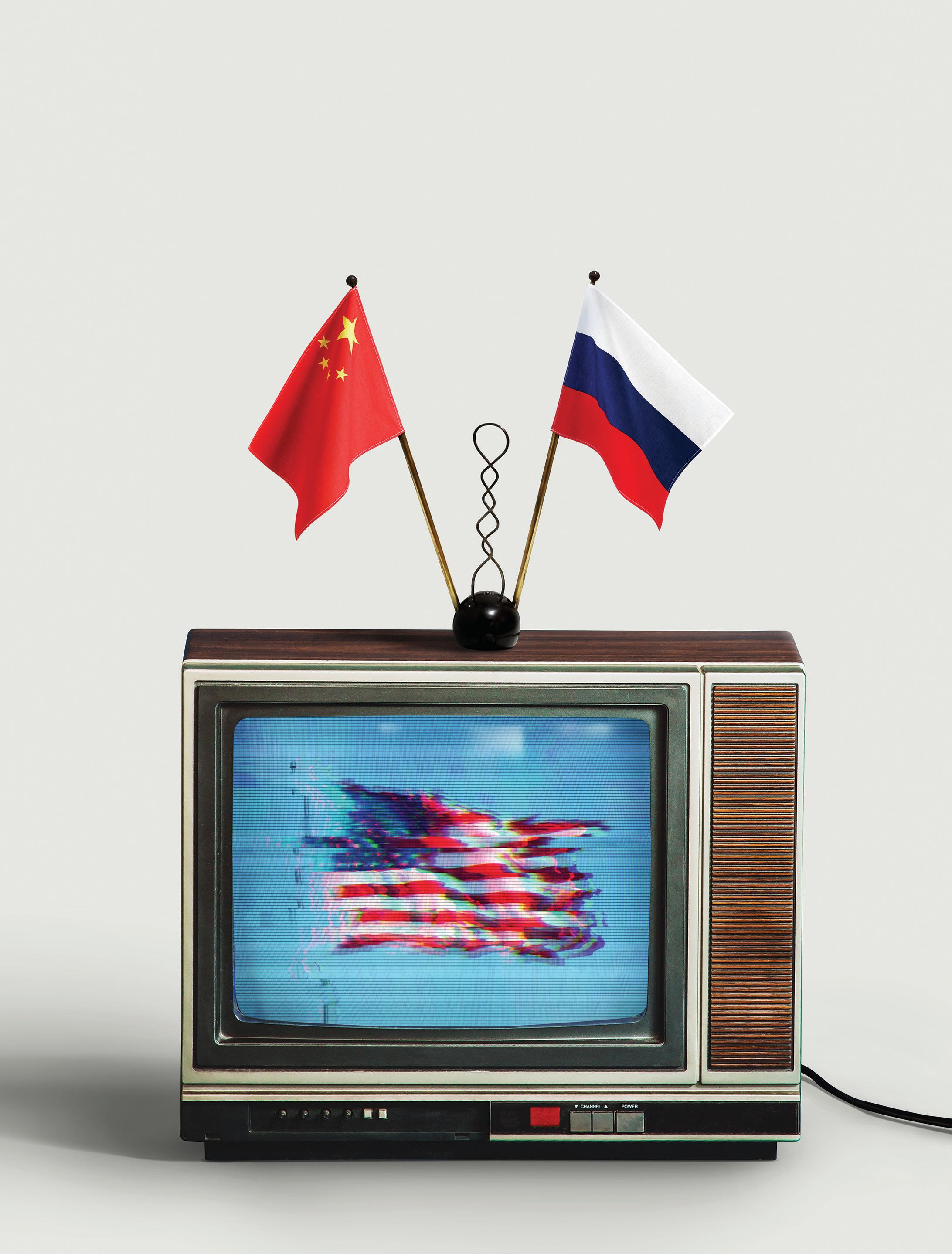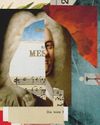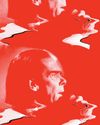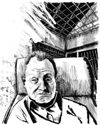
On June 4, 1989, the Polish Communist Party held partially free elections, setting in motion a series of events that ultimately removed the Communists from power. Not long afterward, street protests calling for free speech, due process, accountability, and democracy brought about the end of the Communist regimes in East Germany, Czechoslovakia, and Romania. Within a few years, the Soviet Union itself would no longer exist.
Also on June 4, 1989, the Chinese Communist Party ordered the military to remove thousands of students from Tiananmen Square. The students were calling for free speech, due process, accountability, and democracy. Soldiers arrested and killed demonstrators in Beijing and around the country. Later, they systematically tracked down the leaders of the protest movement and forced them to confess and recant. Some spent years in jail. Others managed to elude their pursuers and flee the country forever.
In the aftermath of these events, the Chinese concluded that the physical elimination of dissenters was insufficient. To prevent the democratic wave then sweeping across Central Europe from reaching East Asia, the Chinese Communist Party eventually set out to eliminate not just the people but the ideas that had motivated the protests. In the years to come, this would require policing what the Chinese people could see online.
Nobody believed that this would work. In 2000, President Bill Clinton told an audience at the Johns Hopkins School of Advanced International Studies that it was impossible. "In the knowledge economy," he said, "economic innovation and political empowerment, whether anyone likes it or not, will inevitably go hand in hand." The transcript records the audience reactions:
"Now, there's no question China has been trying to crack down on the internet." (Chuckles.) "Good luck!" (Laughter.) "That's sort of like trying to nail Jell-O to the wall." (Laughter.)
Diese Geschichte stammt aus der June 2024-Ausgabe von The Atlantic.
Starten Sie Ihre 7-tägige kostenlose Testversion von Magzter GOLD, um auf Tausende kuratierte Premium-Storys sowie über 8.000 Zeitschriften und Zeitungen zuzugreifen.
Bereits Abonnent ? Anmelden
Diese Geschichte stammt aus der June 2024-Ausgabe von The Atlantic.
Starten Sie Ihre 7-tägige kostenlose Testversion von Magzter GOLD, um auf Tausende kuratierte Premium-Storys sowie über 8.000 Zeitschriften und Zeitungen zuzugreifen.
Bereits Abonnent? Anmelden

The Dark Origins of Impressionism
How the violence and deprivation of war inspired light-filled masterpieces

The Magic Mountain Saved My Life
When I was young and adrift, Thomas Manns novel gave me a sense of purpose. Today, its vision is startlingly relevant.

The Weirdest Hit in History
How Handel's Messiah became Western music's first classic

Culture Critics
Nick Cave Wants to Be Good \"I was just a nasty little guy.\"

ONE FOR THE ROAD
What I ate growing up with the Grateful Dead

Teaching Lucy
She was a superstar of American education. Then she was blamed for the country's literacy crisis. Can Lucy Calkins reclaim her good name?

A BOXER ON DEATH ROW
Iwao Hakamada spent an unprecedented five decades awaiting execution. Each day he woke up unsure whether it would be his last.

HOW THE IVY LEAGUE BROKE AMERICA
THE MERITOCRACY ISN'T WORKING. WE NEED SOMETHING NEW.

Against Type
How Jimmy O Yang became a main character

DISPATCHES
HOW TO BUILD A PALESTINIAN STATE There's still a way.